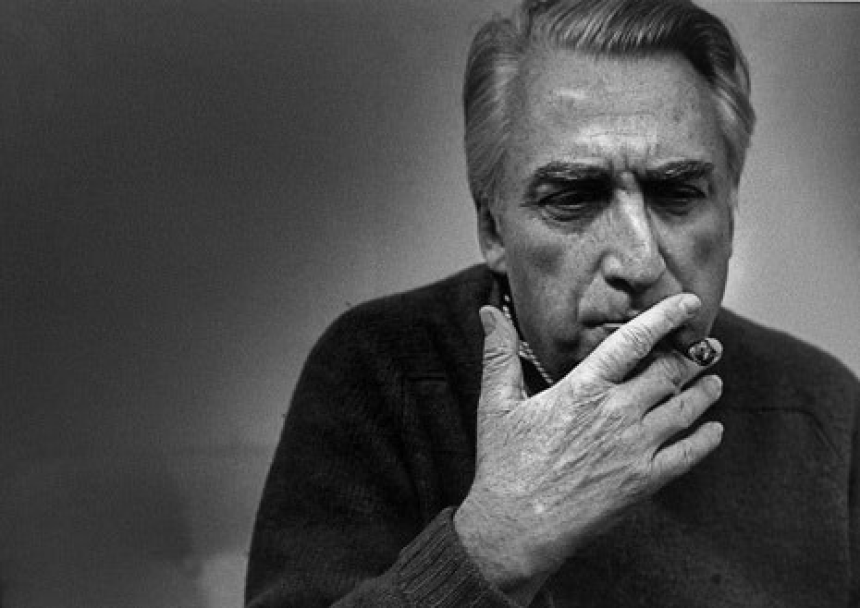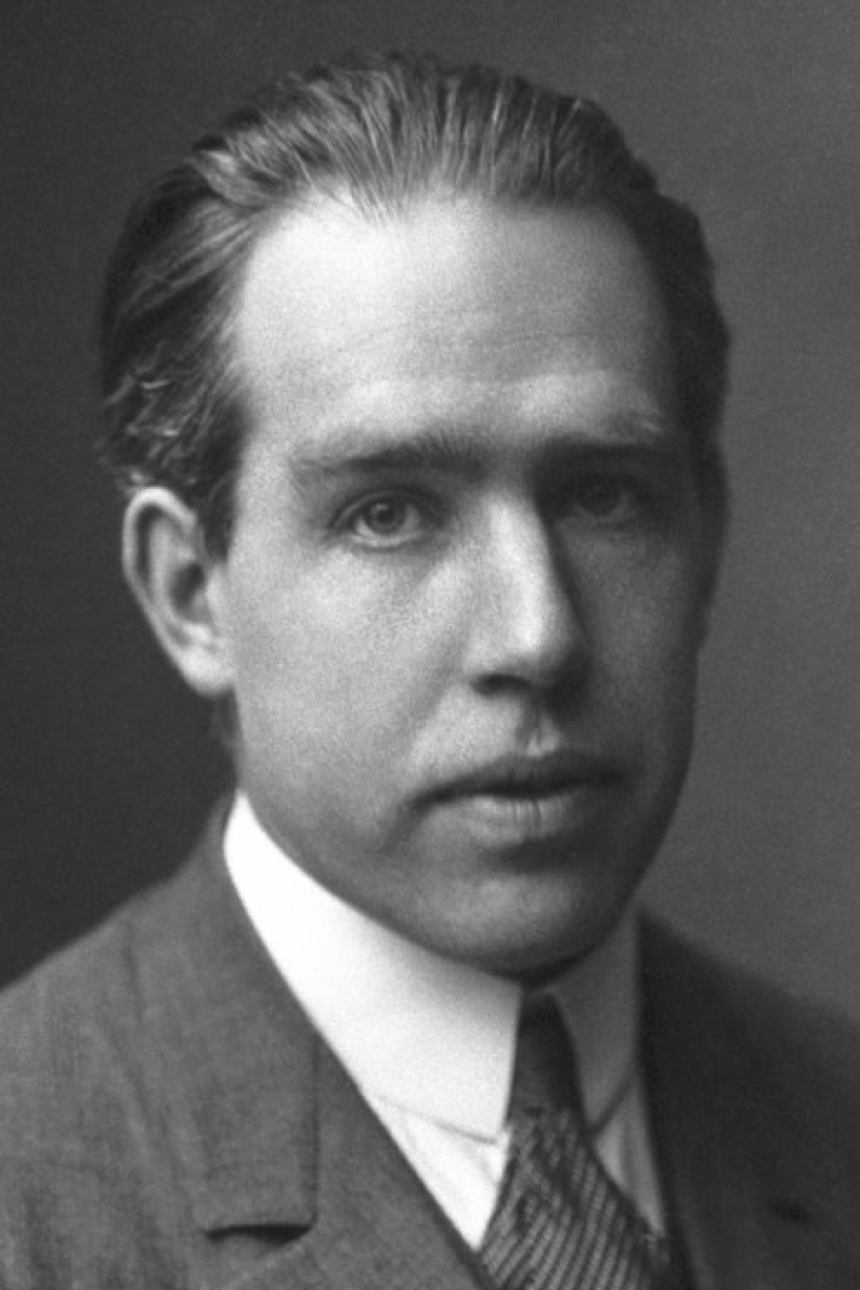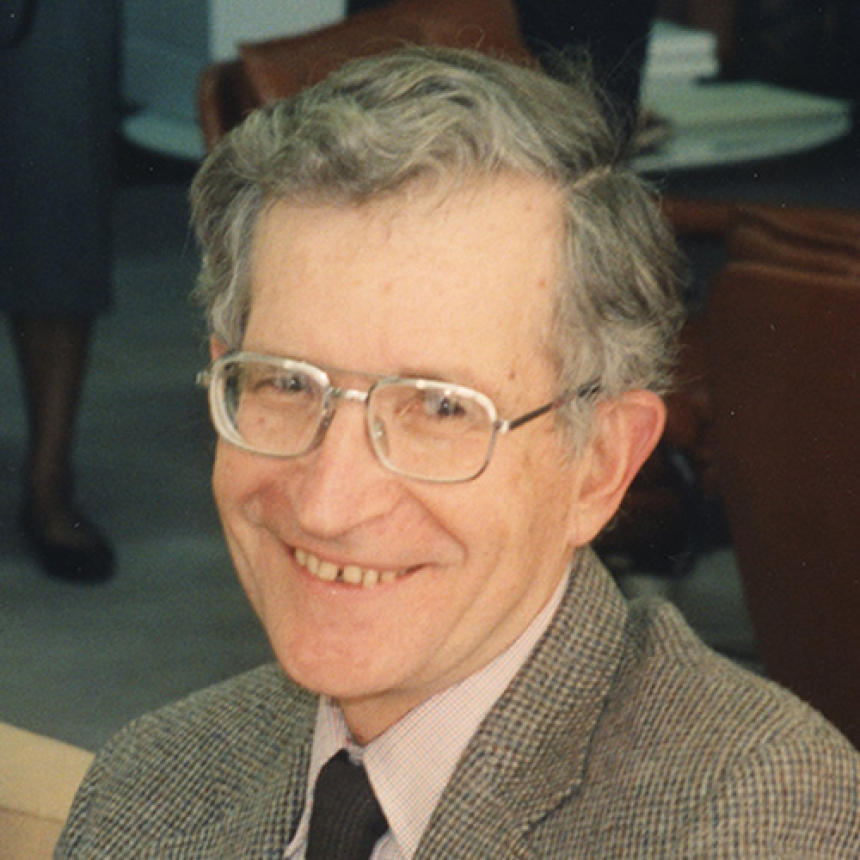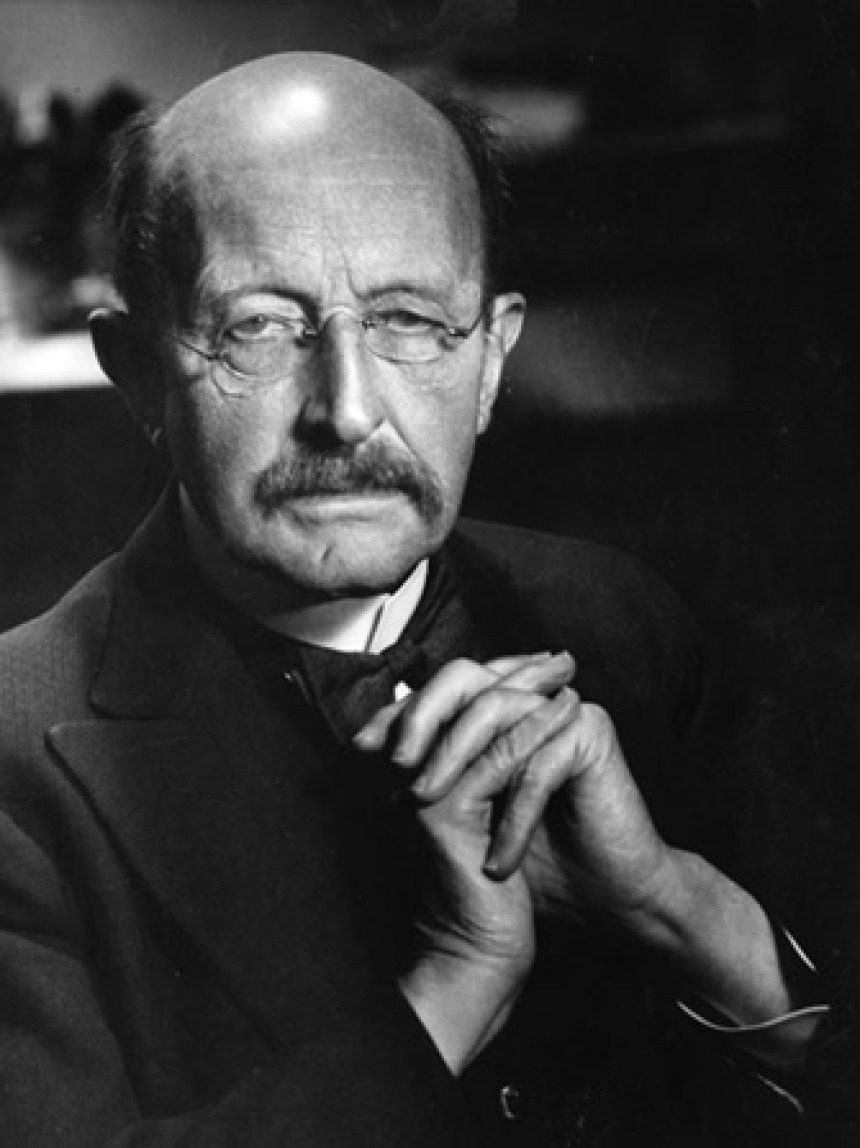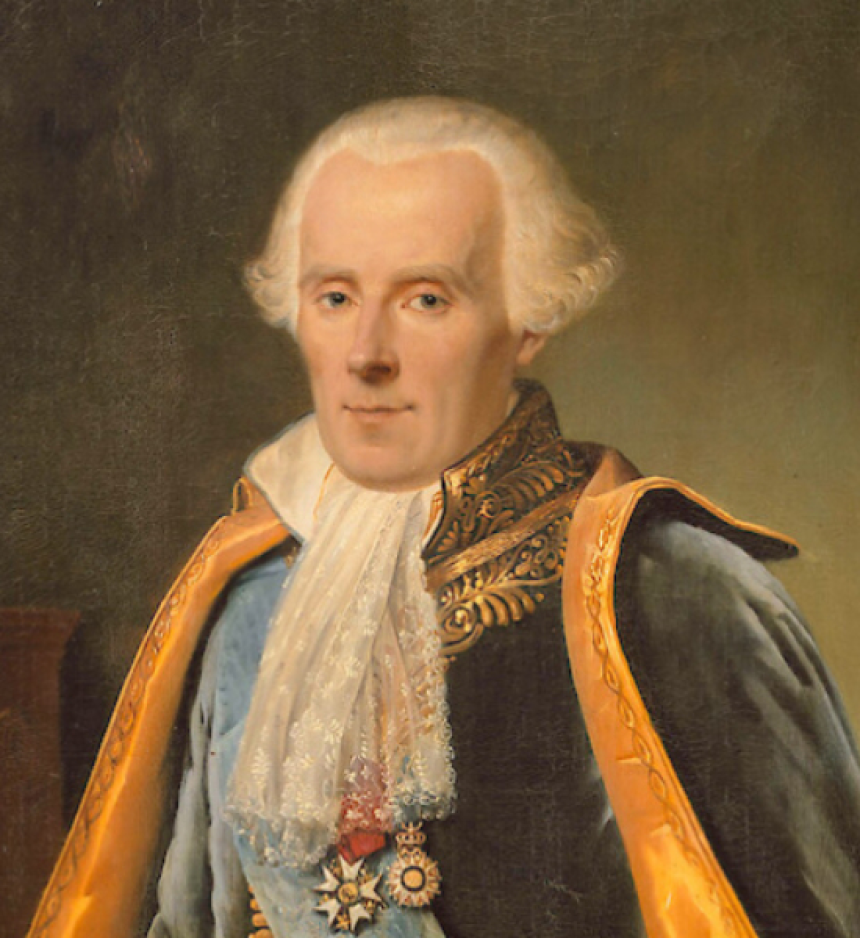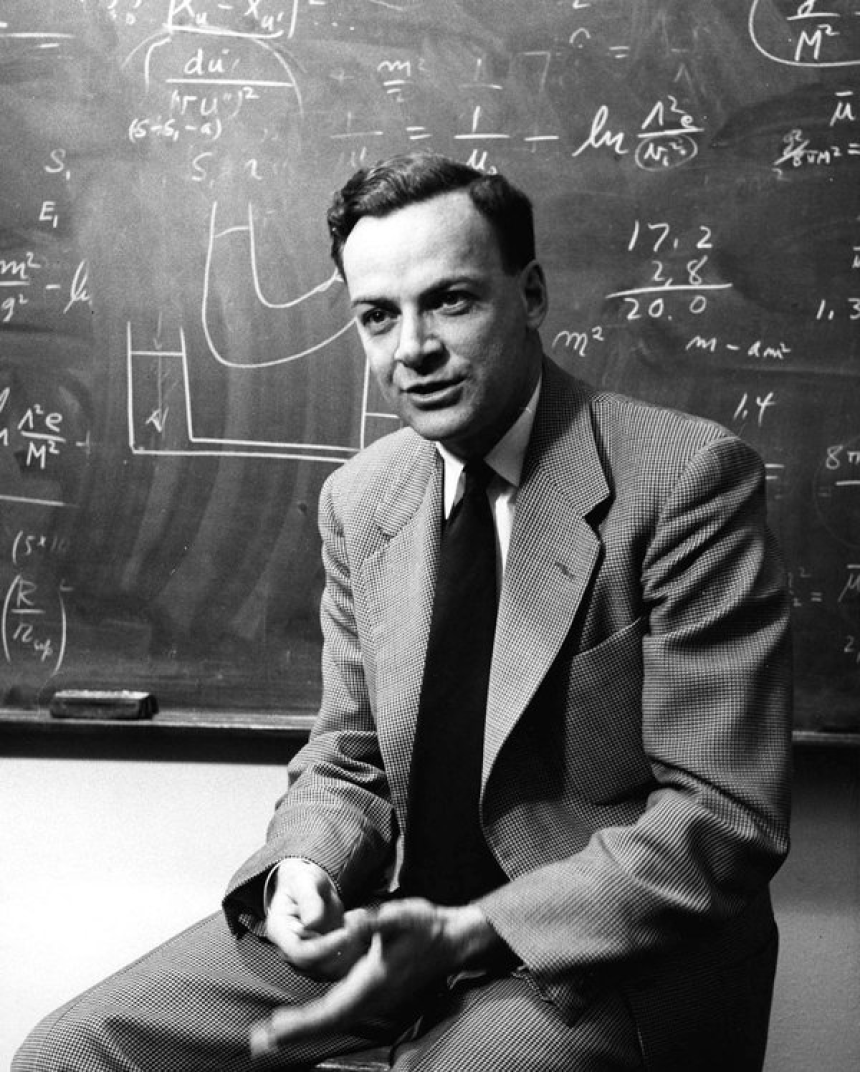
Richard Feynman
Richard Feynman: A Genius in Physics
Richard Feynman: A Genius in PhysicsRichard Feynman (1918-1988) was an American theoretical physicist who is widely regarded as one of the most influential scientists of the 20th century. Known for his exceptional intelligence and his ability to explain complex concepts in simple terms, Feynman made significant contributions to various branches of physics, including quantum mechanics and particle physics.
Early Life and EducationFeynman was born on May 11, 1918, in Queens, New York. From a young age, he displayed an extraordinary aptitude for mathematics and science. He attended the Massachusetts Institute of Technology (MIT), where he studied physics and earned his bachelor's degree in 1939.
After completing his undergraduate studies, Feynman pursued a Ph.D. in physics at Princeton University. During his time at Princeton, he worked under the supervision of renowned physicist John Archibald Wheeler. Feynman's doctoral thesis focused on the application of quantum mechanics to electromagnetic interactions.
Contributions to PhysicsFeynman made numerous groundbreaking contributions to the field of physics throughout his career. One of his most significant achievements was the development of a mathematical framework called quantum electrodynamics (QED).
QED is a theory that explains how light and matter interact. Feynman's work on QED earned him the Nobel Prize in Physics in 1965, along with Julian Schwinger and Sin-Itiro Tomonaga. His contributions to QED revolutionized the field and laid the foundation for further advancements in quantum physics.
In addition to his work on QED, Feynman also made important contributions to the theory of superfluidity, quantum gravity, and quantum computing. His research greatly influenced the understanding of fundamental forces and particles.
Teaching and Popularization of ScienceAside from his scientific achievements, Feynman was also known for his exceptional teaching skills and his enthusiasm for sharing his knowledge with others. He served as a professor at the California Institute of Technology (Caltech) and inspired countless students with his engaging lectures.
Feynman's lectures, later compiled into a book series titled "The Feynman Lectures on Physics," became immensely popular among both students and physics enthusiasts. His ability to explain complex concepts in a clear and relatable manner made him a beloved figure in the scientific community.
Legacy and InfluenceRichard Feynman's contributions to physics have had a lasting impact on the field. His work in quantum electrodynamics and his innovative approach to problem-solving continue to shape the way physicists think and conduct research.
Furthermore, Feynman's dedication to education and his passion for sharing knowledge have inspired countless individuals to pursue careers in science. His ability to communicate complex ideas in a simple and accessible manner has made him an icon of scientific communication.
Today, Richard Feynman is remembered as one of the greatest physicists of all time, not only for his groundbreaking contributions to the field but also for his unwavering curiosity and his commitment to the pursuit of knowledge.
FAQs1. What was Richard Feynman's most significant contribution to physics?Richard Feynman's most significant contribution to physics was his development of quantum electrodynamics (QED), a mathematical framework that explains how light and matter interact.
2. Did Richard Feynman win any awards for his work?Yes, Richard Feynman was awarded the Nobel Prize in Physics in 1965 for his contributions to the development of quantum electrodynamics.
3. Where did Richard Feynman teach?Richard Feynman taught at the California Institute of Technology (Caltech) as a professor of physics.
4. What is Richard Feynman's most famous book?Richard Feynman's most famous book is "Surely You're Joking, Mr. Feynman! Adventures of a Curious Character," an autobiographical collection of anecdotes from his life and career.
5. How did Richard Feynman contribute to science popularization?Richard Feynman contributed to science popularization through his engaging lectures and his book series "The Feynman Lectures on Physics." He had a unique ability to make complex concepts accessible to a wide audience.

